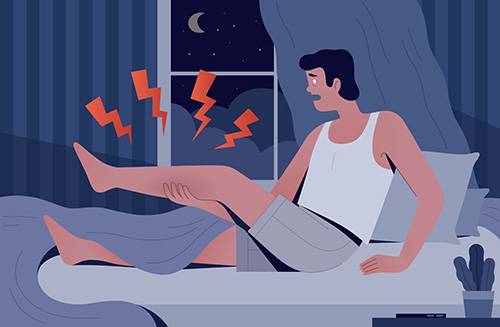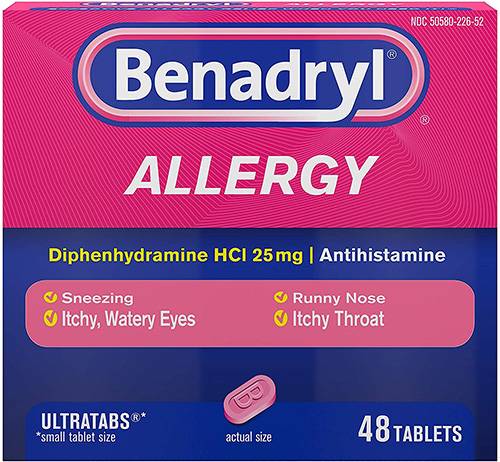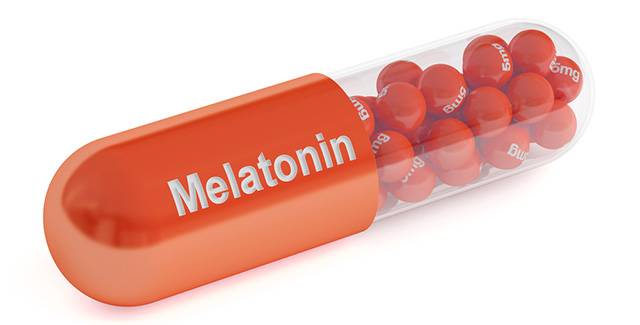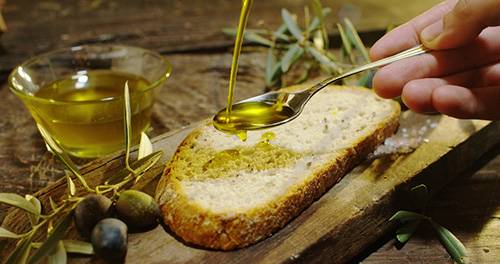
What Is Insomnia?
Classified as a sleep disorder, insomnia is a problem that characterizes a person’s inability to maintain sleep or the difficulty in falling asleep. Since both the body and mind need to get plenty of restorative sleep to make you feel energized the next day and capable of carrying on with your daily tasks, treating insomnia is of the utmost importance.
Insomnia can be caused by a lot of different things and it can be long-term or short-term insomnia, depending on what’s causing it. Short-term insomnia is also known as acute insomnia, and it’s usually caused by stress and traumatic events, physical pain, medications, jet lag, and even changes in your sleeping habits/patterns.
Long-term insomnia is also referred to as chronic insomnia, and it tends to last for at least three months. Chronic insomnia can be primary or secondary. While primary insomnia doesn’t have a known cause, secondary insomnia is present as a result of another condition, such as sleep apnea, diabetes, anxiety and depression, or conditions that cause pain which make sleeping uncomfortable such as arthritis.
Insomnia can be treated with pharmaceutical and non-pharmaceutical approaches, depending on what’s causing it and how severe it is. Talking to the doctor before attempting to take any over-the-counter medication is a crucial part of your insomnia treatment.
Non-pharmaceutical treatment refers to changes in one’s sleep hygiene and adopting routines and practices that might help get your sleep back on track. These include avoiding caffeine, exercising, heavy foods, or using screens before sleeping. According to the American College of Physicians, cognitive behavioral therapy might also help with chronic insomnia in adults.
As far as insomnia medication is concerned, over-the-counter options include antihistamines (Benadryl is one of the most common choices). However, it’s important to note that this could have side effects, so talking to the doctor before taking them is important even if buying them doesn’t normally require a prescription.
Another over-the-counter option consists of melatonin supplements. Even if studies have yet to determine whether or not melatonin can actually treat insomnia in adults, a lot of people talk about how these supplements can put them to sleep and provide them with a full sleep cycle that leaves them feeling well-rested.
There are also prescription meds that could help treat insomnia, including zolpidem and eszopiclone. These are not available for purchase without a prescription from your doctor, as they can have dangerous side effects.
Why Is Olive Oil Good?
You might already know that there are good fats and bad fats in the world. Olive oil (and especially extra virgin olive oil) is particularly good for your health, as tests have shown time and time again that its properties can’t be ignored:
- It contains monounsaturated fats. Since it is extracted from olives, olive oil contains 14 percent saturated fats and 11 percent polyunsaturated fats (which you may know as omega-3 and omega-6). The rest of its content is mostly oleic acid, which is a monounsaturated fat that can reduce inflammation and is also believed to have a positive impact on genes that have been linked to cancer.
- It is rich in antioxidants. Antioxidants have the capacity of reducing a person’s risk for chronic diseases, and they help fight inflammation that protects the body’s blood cholesterol from oxidation. Both of these benefits can help lower the risk for developing heart disease.
- It has anti-inflammatory properties. There are plenty of diseases that start appearing because of chronic inflammation, including arthritis, heart disease, and even cancer. Extra-virgin olive oil is known to potentially reduce inflammation. In fact, studies suggest that the oleocanthal found in 3.4 tbsp. of extra-virgin olive oil has similar effects as 10 percent of ibuprofen adult dosage.
- It can protect against heart disease. Known for being one of the leading causes of death in the world, heart disease seems to be less common in Mediterranean countries. When studying what this diet is all about, experts have discovered that it is very rich in fish and extra-virgin olive oil. There are several ways in which this ingredient helps lower the chances of developing heart disease: it can prevent excessive blood clotting, can improve blood vessel lining, and can protect bad cholesterol from oxidizing. In one study, olive oil managed to reduce blood pressure medication needs with 48 percent.
- It can help prevent strokes. When there are disturbances in your blood flow to the brain, that’s when strokes are bound to occur. After heart diseases, stroke is one of the leading causes of death in developed nations. According to a study conducted on almost 850,000 participants, olive oil is the sole source of monounsaturated fats that can reduce the risk of stroke.
- It can reduce the risk of type 2 diabetes. According to certain studies, olive oil can have a huge benefit on a person’s insulin sensitivity, as well as a positive impact on blood sugar levels. One study showed that olive oil can lower the risk of developing type 2 diabetes with more than 48 percent.
- It might have anti-cancer properties. Since olive oil is rich in antioxidants, it can reduce free radical damage. Free radicals are believed to be strongly linked to cancer. Studies have shown that olive oil contains compounds that can fight cancer cells. However, more research on this topic is required.
Should You Drink Olive Oil?
So far, we have seen that studies suggest olive oil consumption has specific long-term benefits, but should you actually drink it? Does its consumption have any negative health effects? Let’s try to answer these two questions.
There is a rumor going around that people who live in the Mediterranean region consume about 60 ml of olive oil each morning. It is believed that doing so can help detoxify the body and could even lead to weight loss. Another idea that’s been circulating is the fact that drinking olive oil is more beneficial compared to using it to prepare a meal. However, there is not enough research to support these claims.
Even so, there are things that we do know about olive oil’s health benefits, particularly about the fact that it can give you the daily recommended intake of healthy fats. According to dietary guidelines, it is best if you get 20 to 35 percent of your calories from monounsaturated and polyunsaturated fatty acids. Since olive oil is rich in monounsaturated fatty acids, it is able to meet this daily intake need.
Since we don’t want to go over the entire list of benefits that olive oil can provide (facts that have also been proven by a series of clinical studies), let’s talk about the potential downsides that you have to consider when it comes to olive oil consumption.
Olive oil is rich in calories and, if it’s consumed more than it should, it can lead to weight gain. One tablespoon of olive oil contains 120 calories. However, it’s important to remember that the link between weight gain and a person’s calorie intake depends on a variety of other factors. The rule is that consuming more calories that you burn is what leads to weight gain, so it’s important for you to pay close attention to your daily calorie intake, regardless of whether or not you’re consuming olive oil on a daily basis.
Does Olive Oil Help With Insomnia?
There is no scientific evidence to support the claim that olive oil has a direct impact on regulating sleep and can’t, therefore, help with insomnia. However, if you consider the benefits that olive oil has on a person’s health, it can indirectly improve the quality of sleep by preventing a series of medical problems that could lead to disrupted sleeping patterns.

Conclusion
Even if olive oil doesn’t directly improve insomnia, it poses a series of health benefits that can’t be ignored. As part of a balanced diet, olive oil contains a lot of molecules and compounds that could regulate the levels of bad cholesterol, can reduce the risk of stroke and heart disease, can help treat problems such as rheumatoid arthritis, contains antioxidants that can help reduce the risk of cancer, and also has antimicrobial properties that could kill bacterium that potentially lead to ulcers.
Photo credit: DUSAN ZIDAR/Shutterstock; Oqvector/Shutterstock;
Marcos Mesa Sam Wordley/Shutterstock; Lucky Business/Shutterstock;
marco mayer/Shutterstock; Marian Weyo/Shutterstock;
gorkem demir/Shutterstock;








